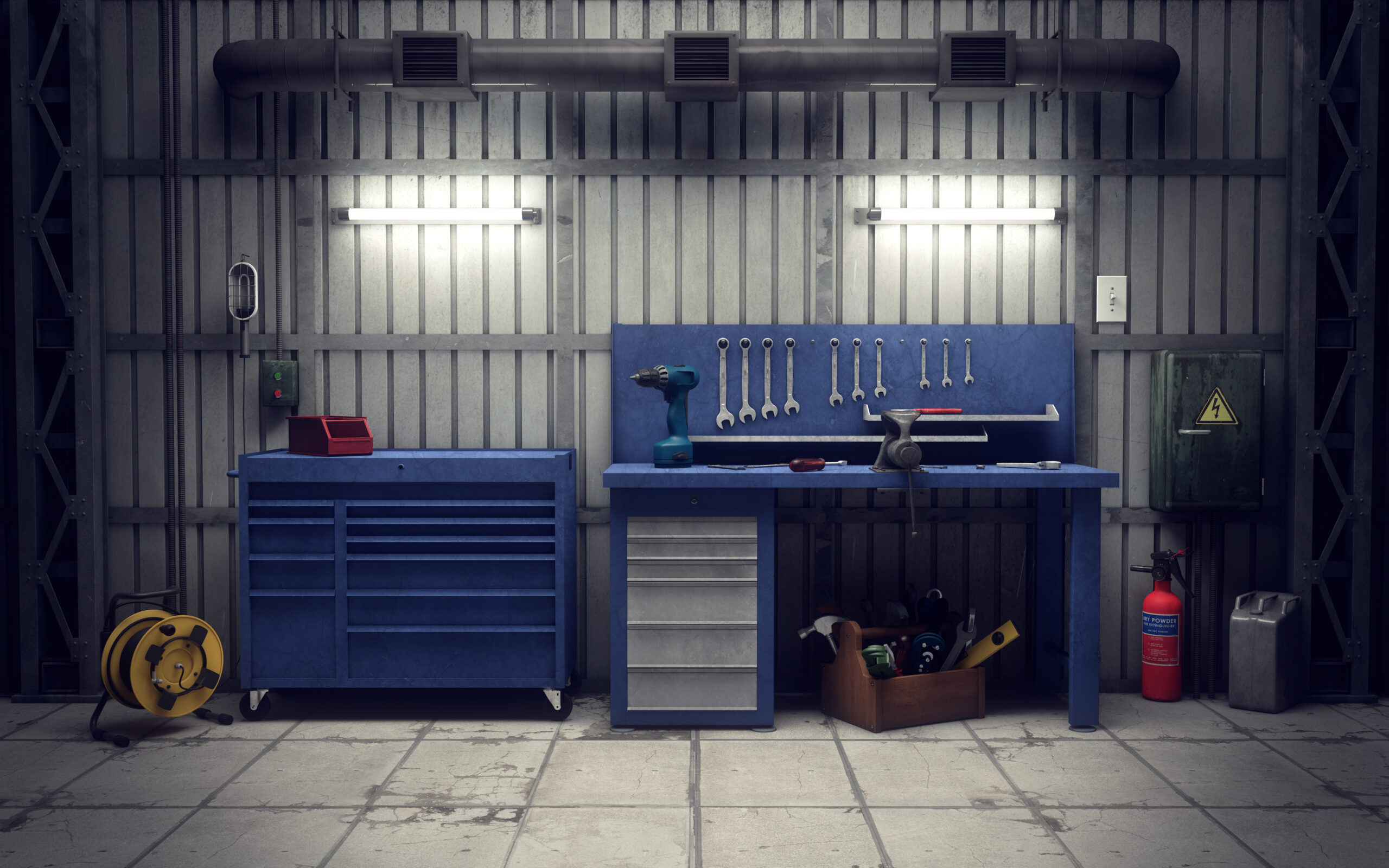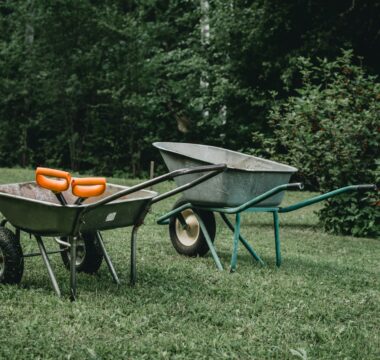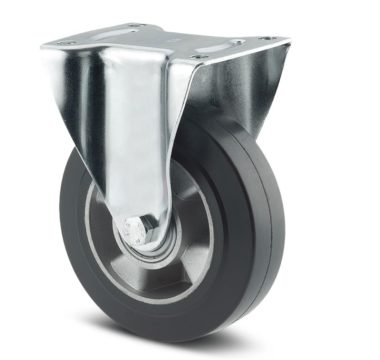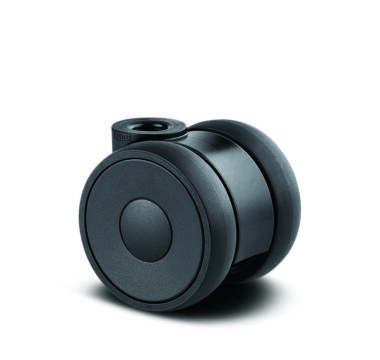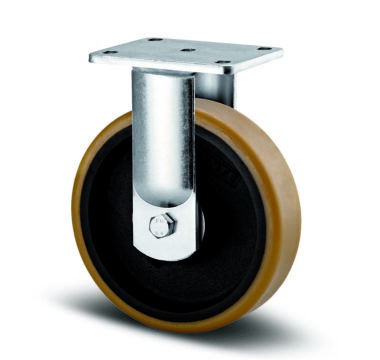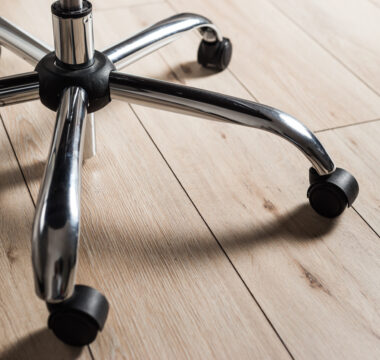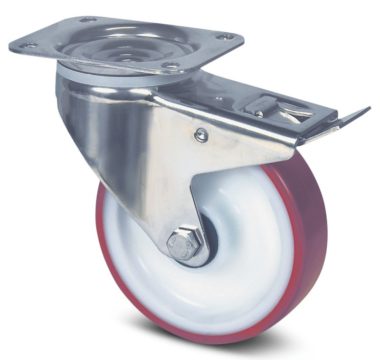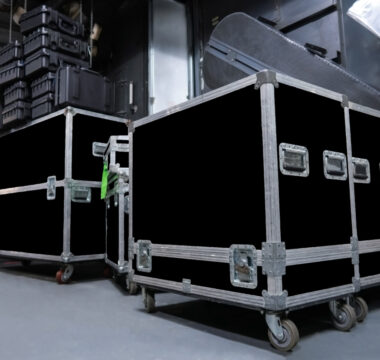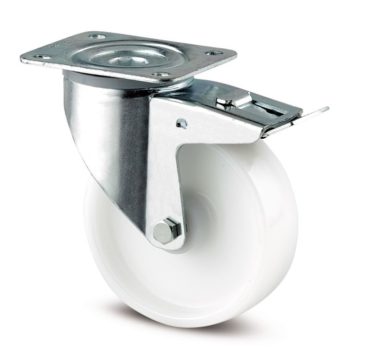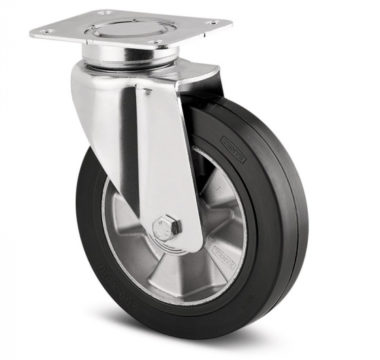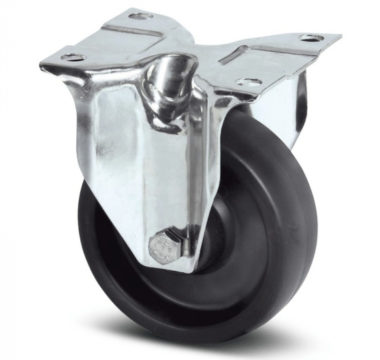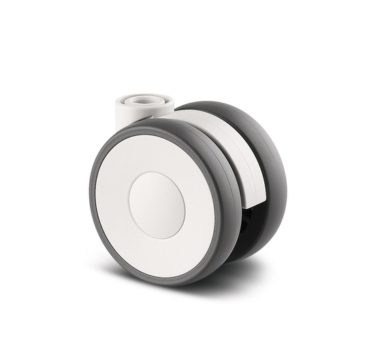When setting up or upgrading a workbench, the mobility and stability provided by the right set of castor wheels can significantly enhance functionality and ease of use. However, you need to know which type of workbench castors to use, as there are several types with varying features and functionality. This guide looks at the various types of workbench castors, key considerations for selecting the best options, and reviews of some of the most popular castor wheels on the market.
Types of Workbench Castors
There are several types of castors that you might consider when upgrading your workbench. Each type has its unique benefits and features, so learning about each type will give you a good idea about which one is best for your needs.
Swivel Castors
Swivel castors are designed to rotate 360 degrees, allowing for smooth and versatile movement in any direction. This flexibility makes them ideal for workbenches that need to be moved frequently or manoeuvred in tight spaces. The swivel mechanism can vary in complexity and durability, so it’s important to choose a high-quality swivel castor that can withstand the demands of your workspace.
Rigid Castors
Rigid, or fixed, castors, in contrast, do not offer the ability to pivot and can only roll back and forth in a straight line. These are suitable for applications where the path of movement is fixed or limited space does not require complex manoeuvring. Rigid castors typically have a simpler design and can be more durable due to fewer moving parts.
Lockable Castors
Lockable castors combine the mobility of swivel castors with the ability to lock in place, providing stability when the workbench is in use. These castors are particularly valuable in environments where precision tasks are performed, and unwanted movement could be disruptive or dangerous.
Heavy-duty Castors
For workbenches that need to support heavy loads or endure rough handling, heavy-duty castors are essential. These are built with robust materials and often have a larger wheel diameter to distribute weight more effectively and ensure smooth rolling over various surfaces.
Key Workbench Castor Wheel Considerations
Now that you have a good idea about the different types of castor wheels for workbenches, let’s go over some key considerations you should think about to choose the right ones for your needs. Consider the following when choosing your castors:
Load Capacity and Weight Rating
One of the most important factors in choosing castor wheels is their load capacity. Each castor should support a portion of the total weight of the workbench and any materials or tools it will hold. Exceeding the weight capacity can lead to wheel damage, workbench instability, and safety hazards.
Wheel Diameter and Width
The size of the wheel affects both the mobility and the load-bearing capability of the castor. Larger wheels roll more easily over obstacles and rough surfaces, while wider wheels can distribute weight better and improve stability.
Wheel Material
Wheel materials can vary widely, including options like polyurethane, rubber, nylon, and steel. The choice depends on your specific needs, such as the type of flooring in your workspace, noise considerations, and the weight of the items the workbench will carry.
Mounting Options and Compatibility
You should always ensure that the castor wheels can be securely attached to your workbench. Common mounting options include plate mounts and stem mounts. Compatibility with your workbench’s design and material is essential to ensure a stable and reliable installation.
Brake and Locking Mechanisms
Brakes or locking mechanisms are important for safety and precision. These features allow you to immobilise the workbench completely, preventing it from moving during tasks that require stability or when parked in a designated spot.
Most Popular Workbench Castor Wheels
Once you have a clear understanding of the type of workbench castor wheels you’re looking for, it’s time to start looking at specific ones. Below is a breakdown of some of the most popular workbench castor wheels, which are all available at Core Castors:
Swivel Castor 200 mm Alpha Puretech 4031582010275 3470DVR200P63
The Swivel Castor 200 mm Alpha Puretech 4031582010275 3470DVR200P63 is a versatile swivel castor that doesn’t compromise on quality. This large-diameter swivel castor is favoured for its smooth operation and durability, making it suitable for multiple applications.
Swivel Castor 125 mm Alpha Puretech 4031582331585 3370DVR125P62
The Swivel Castor 125 mm Alpha Puretech 4031582331585 3370DVR125P62 is a medium-sized swivel castor that offers a balance between manoeuvrability and load-bearing capacity. This design makes it ideal for general workshop use.
Fixed Castor 100 mm Alpha Puretech 4031582030150 3478DVR100P62
The Fixed Castor 100 mm Alpha Puretech 4031582030150 3478DVR100P62 is a rigid castor that provides robust performance. It is ideally suited for straightforward, linear movements under substantial load.
Swivel Castor with Total Lock 200 mm Alpha Puretech 4031582304893 3472DVR200P63
The Swivel Castor with Total Lock 200 mm Alpha Puretech 4031582304893 3472DVR200P63 combines a large wheel with a total lock mechanism. This castor ensures high mobility and excellent stability when locked.
Swivel Castor 100 mm Alpha Maxtech 4031582369694
The Swivel Castor 100 mm Alpha Maxtech 4031582369694 is an adaptable castor that is available in a wide variety of versions. This smaller swivel castor is designed for lighter, general-purpose applications where space and agility are paramount.
Swivel Castor with Total Lock 100 mm Alpha Maxtech 4031582369731
The Swivel Castor with Total Lock 100 mm Alpha Maxtech 4031582369731 is a functional castor with plenty of functionality. Ideal for environments where flexibility and secure locking are required, this small castor supports both dynamic mobility and firm locking.




